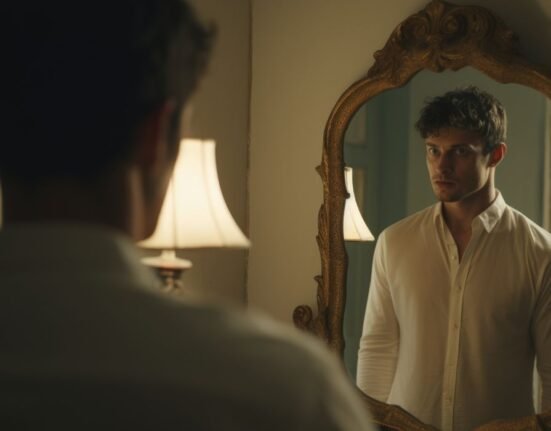Reality shows are the genre of television shows or programmes which feature common people and celebrities or both, in real life or scripted situations, or a mix of both real and scripted incidents. It was during 1948 that Alan Funt, came up with the idea of the first reality show in the form of TV series ‘ Candid Camera’. The end of 90’s and the advent of 2000 saw an unprecedented popularity of reality based shows. Today various types of reality shows have got a permanent slot of telecast. The reality series of modern times borrow a lot from their precedents and differ mostly in scope and locale.
There are innumerable reality shows these days that have children as their stars, mostly singing and dance reality shows, focussed on talent hunt. Most of the parents find these programmes entertaining and harmless. While these could be an opportunity for talented children from less privileged strata to come into limelight, the pressure it poses on children to perform and excel is too much. The shows are highly competitive and these kids are subjected to constant scrutiny, which can affect their mental well-being. These children have to walk a long way from standing in long queues during auditions to get promoted as participants. They spend long hours of precious time waiting for their turn. The waiting hours are often so long that it takes toil on their health. Endless amount of practice is required in reality shows. Long hours of practice and rehearsals can become physically tiring.
The time spent during rehearsals is lot, due to which other regular activities suffer. Often, these children have to compromise on their studies, school schedule and playing time because of the show. They stay away from their family and relative for several days and months. Several dance based reality TV shows portray young children performing dance moves originally done by adults in movies and other popular modes of entertainment. The moves are often suggestive and age-inappropriate. Such acts may also have a distressing impact on children. It is also seen that children are exposed to adult jokes and adult content on these shows. Recurrently children are made to wear objectionable dresses in the name of a makeover, which, in a way takes away their innocence.
Another noticeable factor is that, children who participate in these reality shows are exposed to glitzy showbiz, but this popularity and glamour is temporary. Once the show ends, many of these children are lost in the darkness of oblivion. Sadly, as teens get addicted to the experience and pleasure of being over national television, turning back to their previous lives becomes difficult.

The reality show try to cash the under privileged background of some children for the sake of their popularity. One more factor to point out here is that, few of the participants are differentially abled (hearing, vision and physical impairment). While the show is on, these children receive an abundance of sympathy and kind words from the judges and love in the form of high votes from public. But, hardly any of these children has become winner of any such show. Their disability has becomes an easy way for the channel to gain sympathy for the contestant and high TRP for their shows. The negative impact of such behavior with disabled people has far-reaching consequences.
An important point to consider is that why parents become interested in their children participating in reality shows? Parents force them or want to fulfil their own ambitions of fame and money through their kids. Media world is seen as attractive option and parents hope, their child will become famous and get an opportunity to build a successful career following this break. According to psychologists and other experts, reality shows for children is not a healthy concept. They undergoes lot of stress. The harsh comments and criticism from judges at times, can be difficult for them to handle, as children are in stage of emotional development where they are not emotionally equipped to handle rejection in a mature manner. When children are not appreciated or fail to qualify, their mental state could affect the way they handle pressure for the rest of their lives.
It is important to educate parents about how to make children realize that participation in such shows is no guarantee to fulfil their desire to be at top, to move ahead in the same field, to learn to handle the possibility of rejection. Though, for some children such shows certainly become a great opportunity to cultivate their talents, for majority of them, it ends like an episode. Children and parents are required to take it as an extra circular, fun activity to enjoy it rather than deriving pressure due to it. Psychologist believe that each child has the capacity to learn skills when provided a conducive environment of training, practice with motivation, interest as well as having the adequate biological capacity and support of the parents. Parents need to be informed about the positives and negatives of participation in reality shows.
Since reality shows have been accepted by our culture wholeheartedly it is difficult to scrap off this concept at one go. Reality shows do provide a stage to search hidden talents from big cities to small towns. It is important to ensure that reality shows take steps to make sure that no undue pressure is put on children; and that they are treated well as artists. A well indented effort is required from parents, show makers and the media to make it a genuine experience for children.













Leave feedback about this